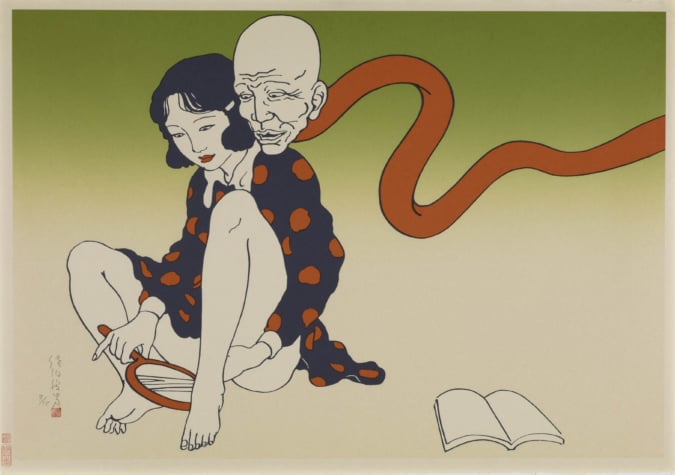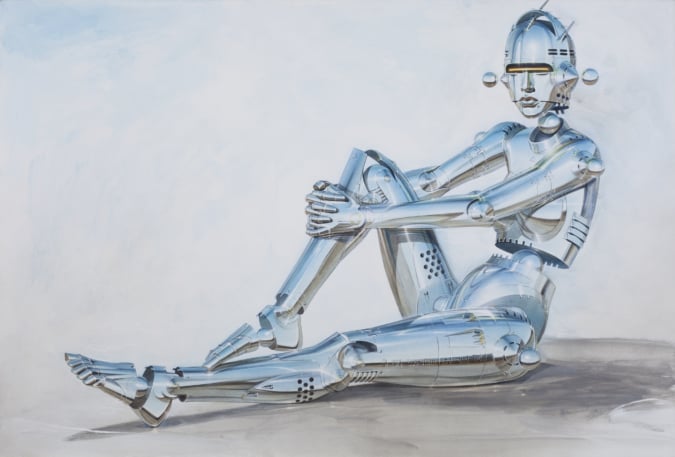‘The Pornographers’, Beyond the Flesh
This feature film by Shohei Imamura uses the framework of pornography to reveal the contradictions embodied by post-war Japan.
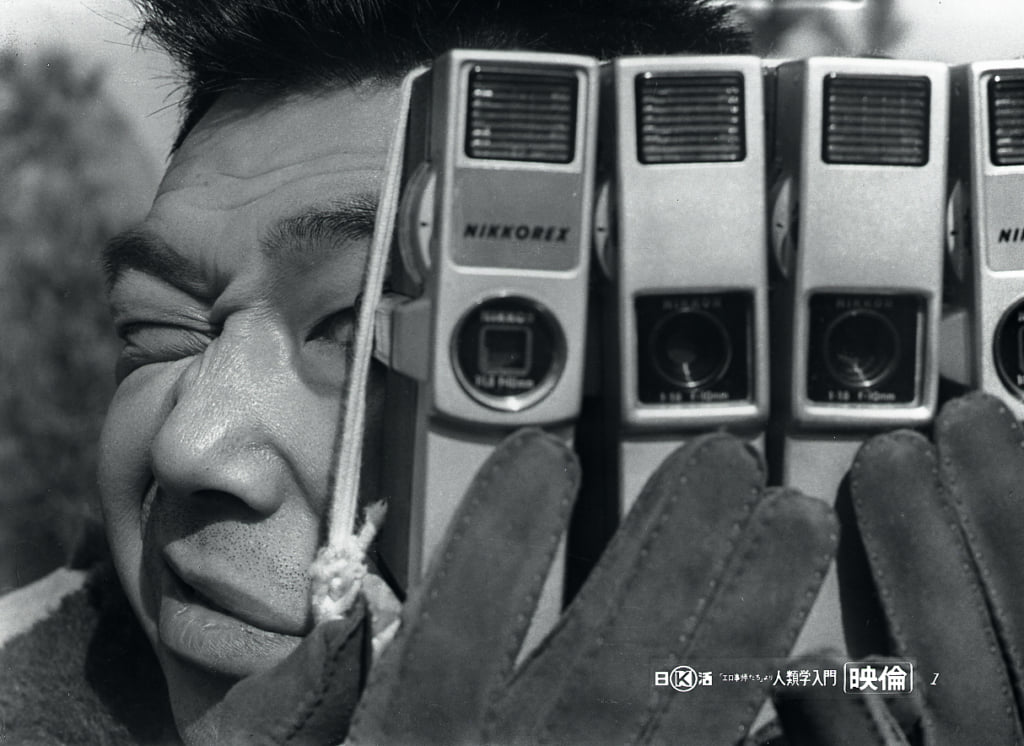
© Courtesy of Elephant Films
Rather than the main title, The Pornographers, the viewer needs to focus more on the subtitle, Introduction to Anthropology, to understand what is at stake in this film by Shohei Imamura. Over the 120-minute duration of this feature film, an adaptation of the eponymous novel by Akiyuki Nosaka published three years earlier, the viewer sees hardly any exposed skin.
Mr Ogata, the main character, is a medical-device sales representative who supplements his salary by making erotic films that he sells under the counter. Very soon, however, his small business starts to grow and he fulfils an increasing number of orders from wealthy clients, which does not fail to attract the attention of the yakuza.
Denouncing Japanese corruption
The film also has a zany side. Mr Ogata lives with Haru, a widow who is convinced that her husband has been reincarnated as the carp in the aquarium that stands in the centre of the living room. The comical elements do not however obscure the darker side of the narrative, which is revealed as the hero’s lucrative activity degenerates into depictions of incest, paedophilia, and prostitution.
Shohei Imamura’s film is a multifaceted one as, behind the narrative that plays out in the back streets of Osaka, the corruption of post-war Japanese society is what the filmmaker, two-time recipient of a Palme d’or for The Ballad of Narayama (1983) and The Eel (1997), seeks to expose.
The Pornographers presents, with a wealth of details, humans, the traditional family unit, and the norms that can turn out to act as a straitjacket. By examining marginality, sexuality, perversion, and criminality, Shohei Imamura addresses the excesses that can, he believes, be encouraged by the material comfort found after the war years, and asks one question: who is more corrupt, the hero or society?
The Pornographers (1966), a film directed by Shohei Imamura, was released on DVD by The Criterion Collection.
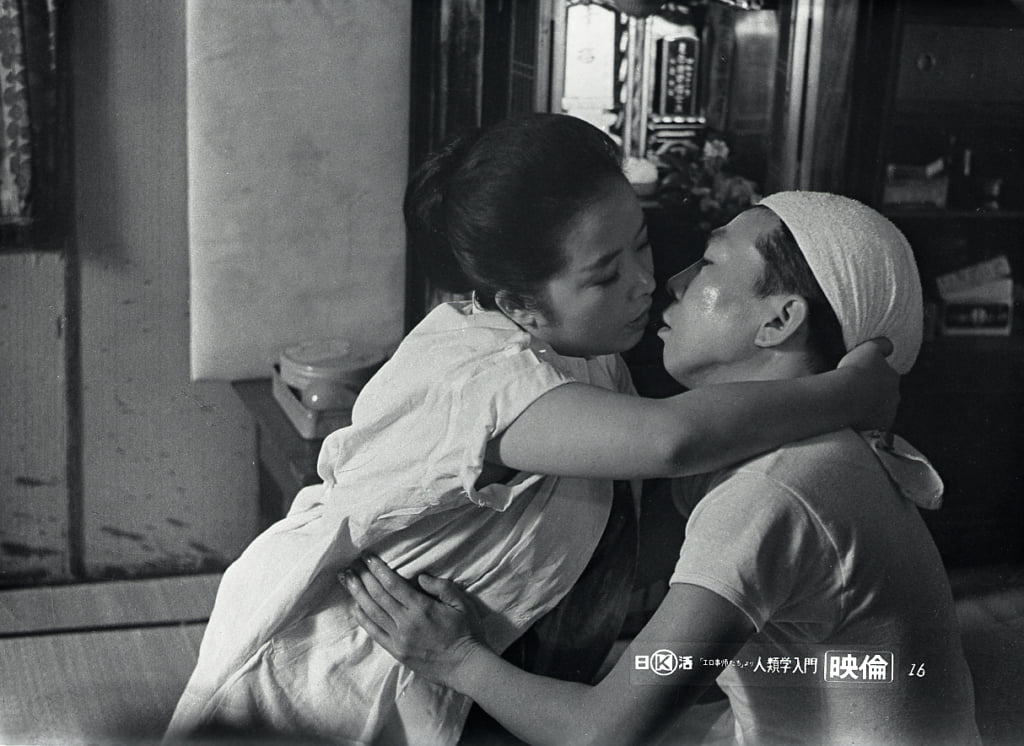
© Courtesy of Elephant Films
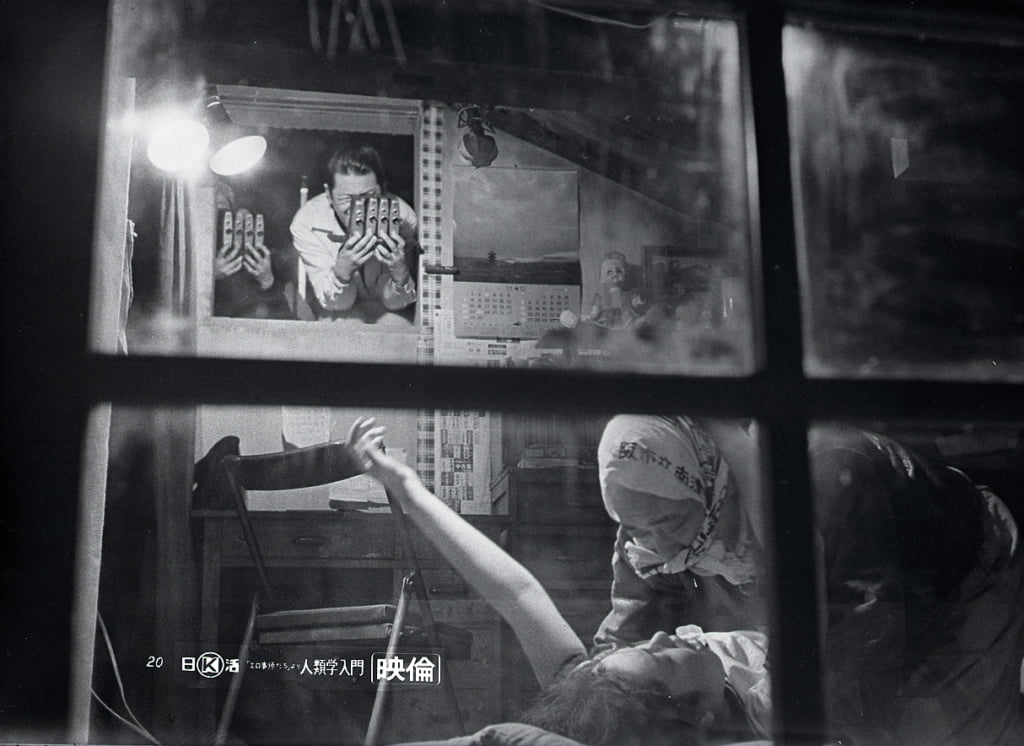
© Courtesy of Elephant Films
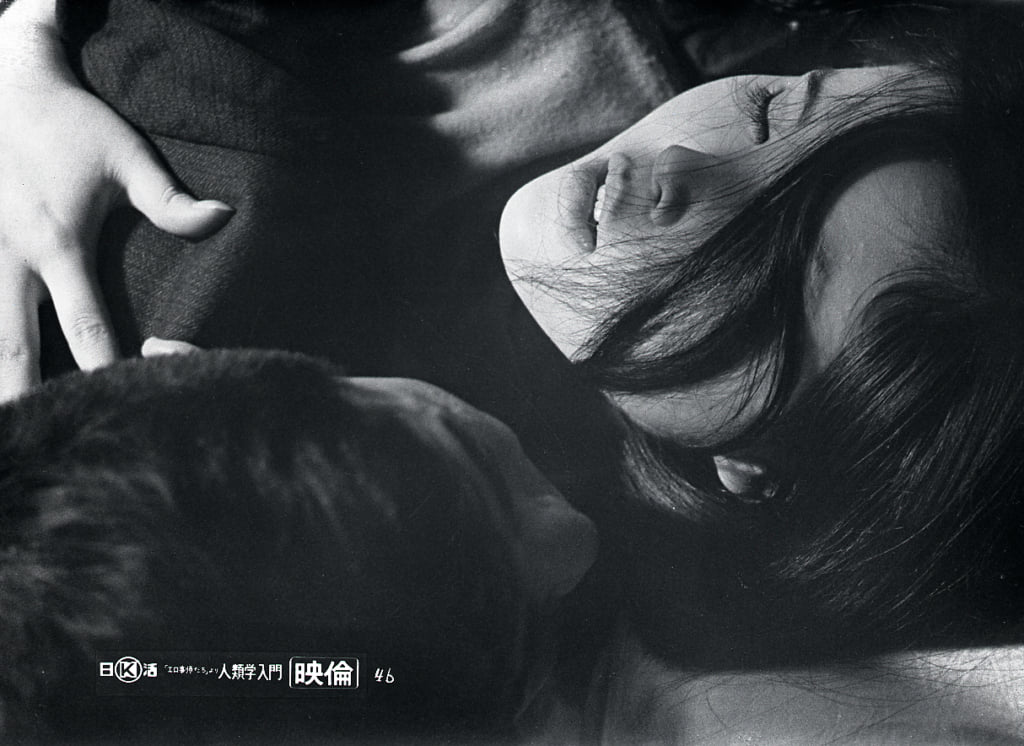
© Courtesy of Elephant Films
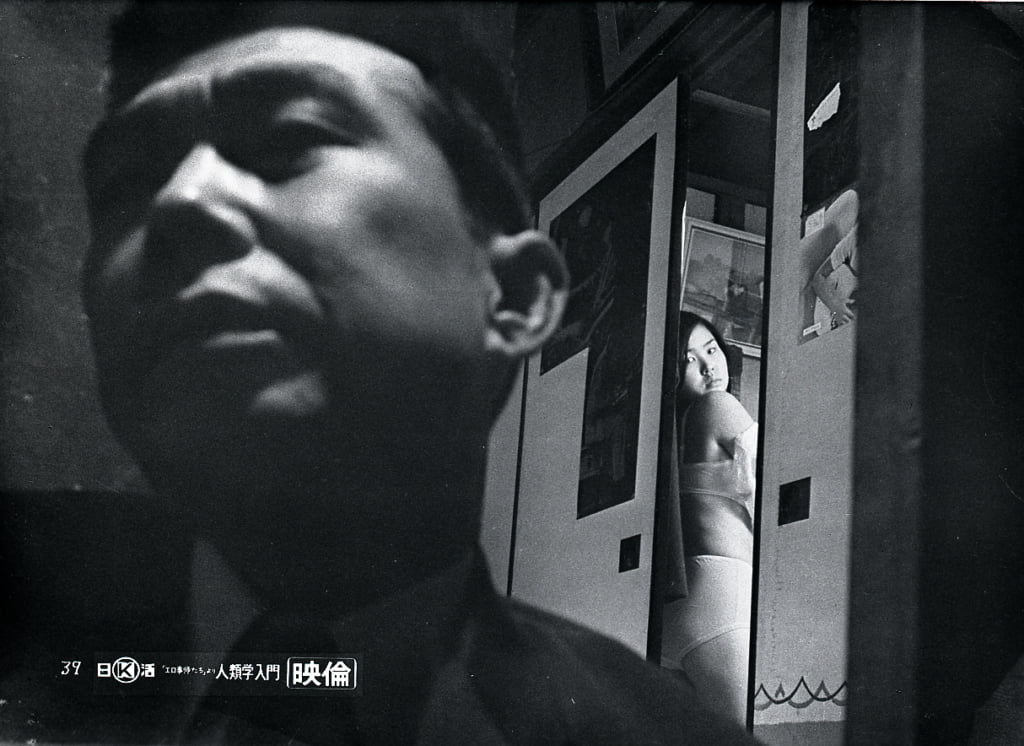
© Courtesy of Elephant Films
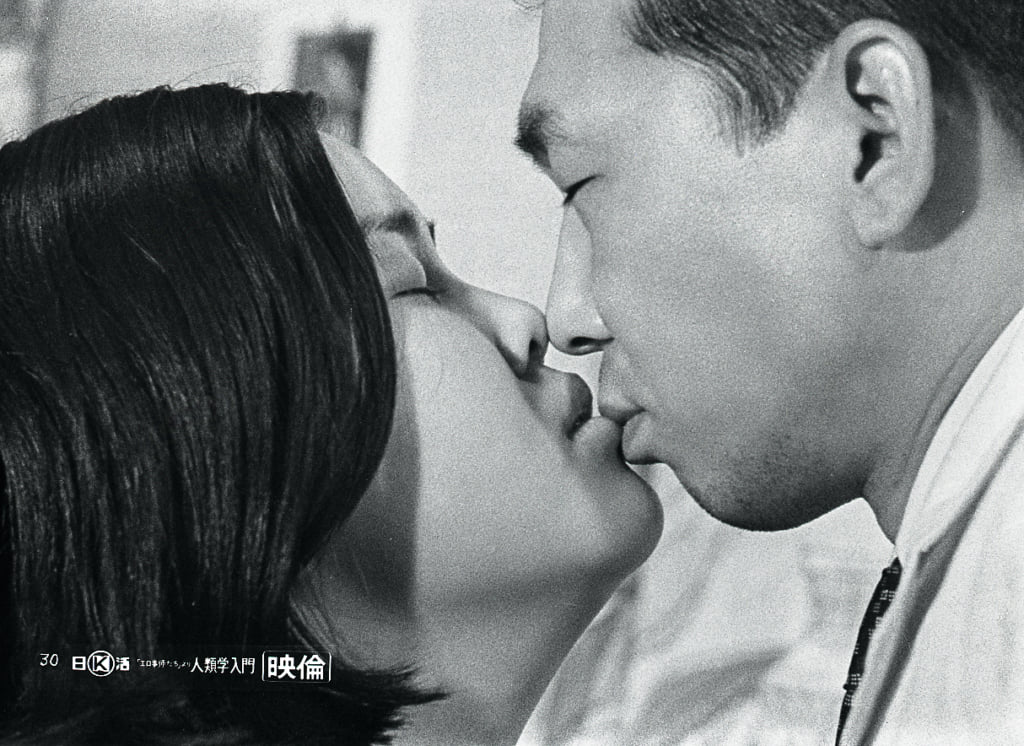
© Courtesy of Elephant Films
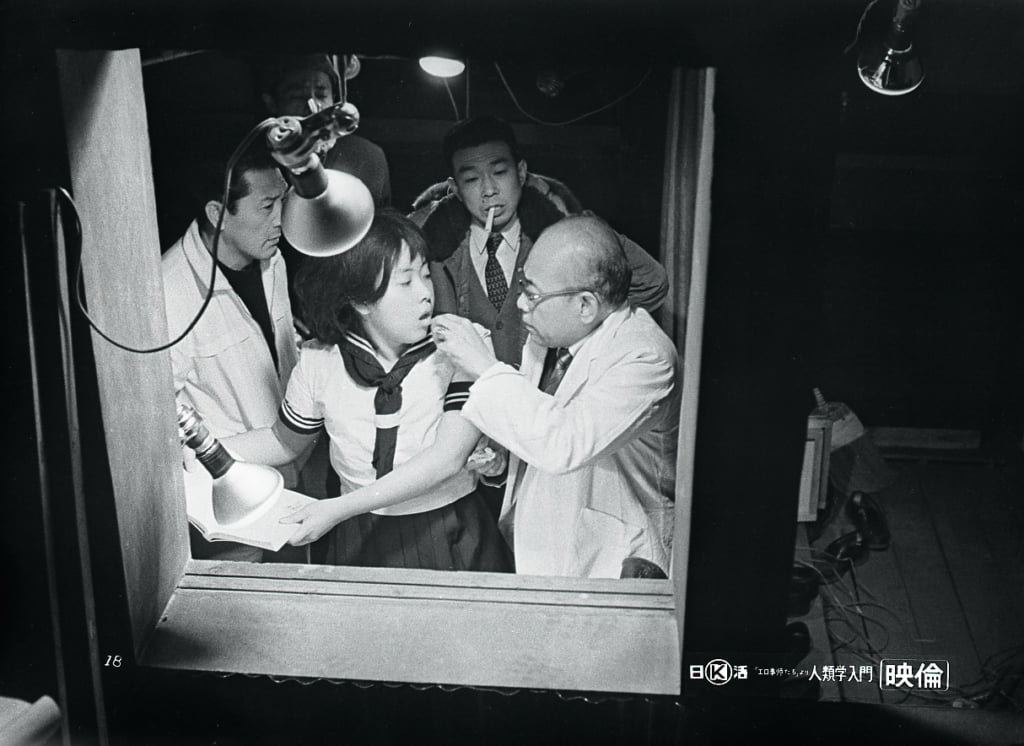
© Courtesy of Elephant Films
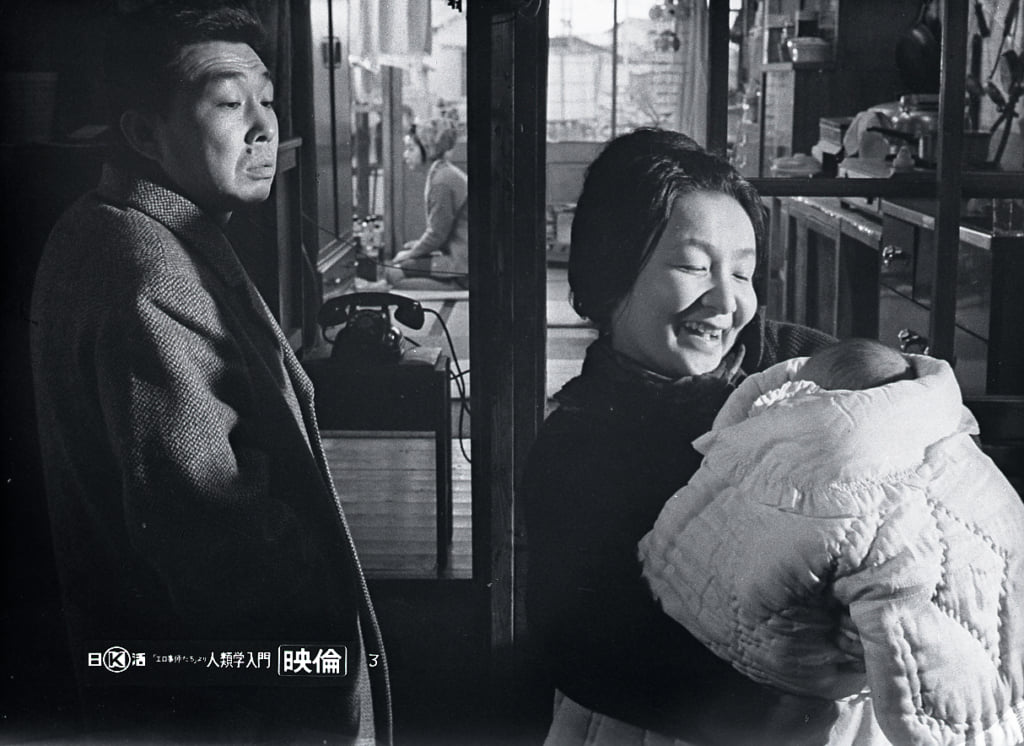
© Courtesy of Elephant Films
TRENDING
-
A House from the Taisho Era Reveals Its Secrets
While visiting an abandoned building, Hamish Campbell discovered photographs the owner had taken of the place in the 1920s.

-
The Taboo-Breaking Erotica of Toshio Saeki
The master of the 1970s Japanese avant-garde reimagined his most iconic artworks for a limited box set with silkscreen artist Fumie Taniyama.

-
With Meisa Fujishiro, Tokyo's Nudes Stand Tall
In the series 'Sketches of Tokyo', the photographer revisits the genre by bringing it face to face with the capital's architecture.

-
Masahisa Fukase's Family Portraits
In his series ‘Family’, the photographer compiles surprising photos in which he questions death, the inescapable.

-
Hajime Sorayama's Futuristic Eroticism
The illustrator is the pioneer for a form of hyperrealism that combines sensuality and technology and depicts sexualised robots.


